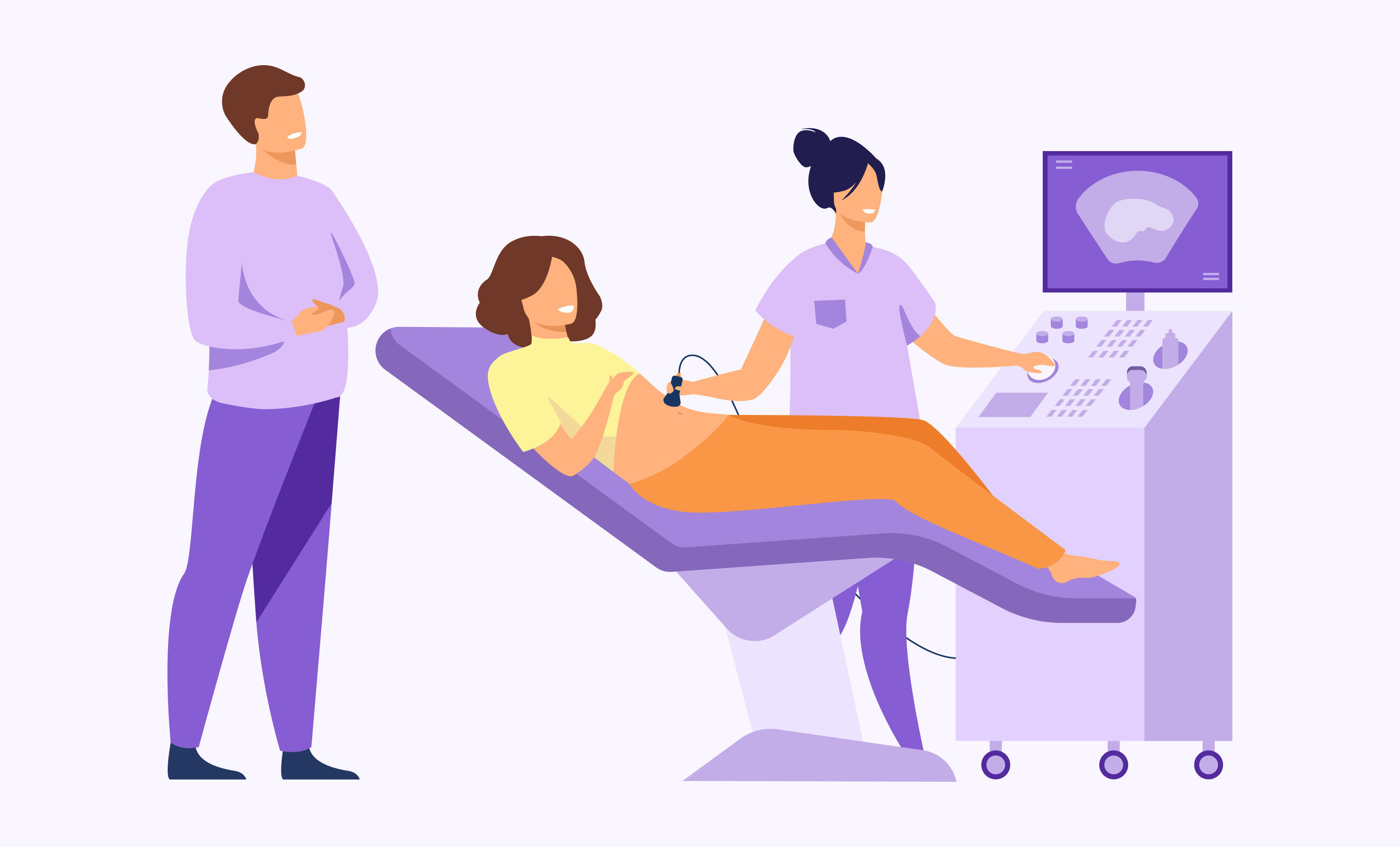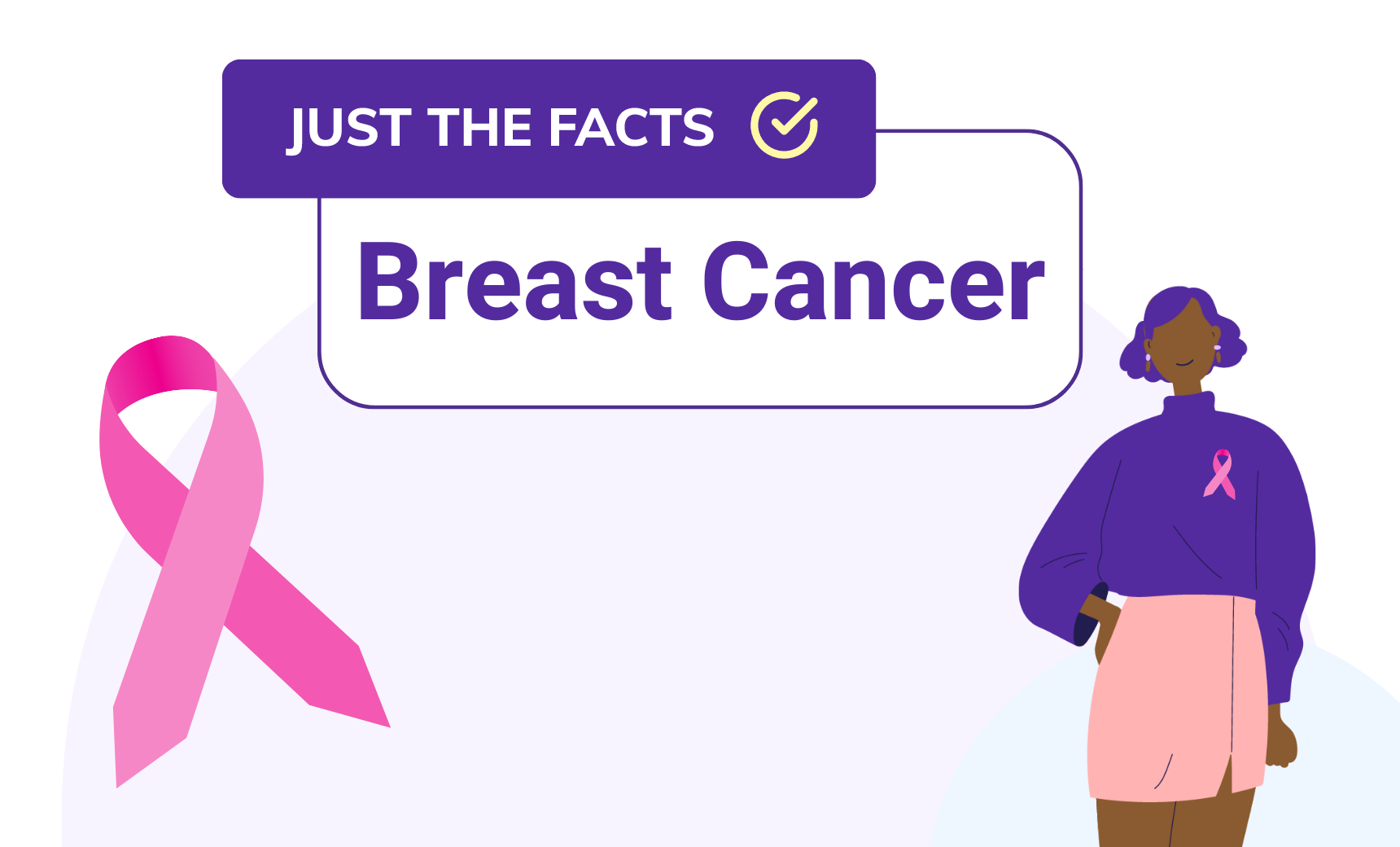
Unlocking the Wonders of Fertility Ultrasound
If you are looking to start a family, an ultrasound check is a very important part of pregnancy.
A lot of pregnant women get their first scan when they are 12 weeks along. But some people may experience some fertility challenges and you’ll want to know why. An ultrasound scan is a safe and easy way to make sure that your reproductive organs are healthy. You can get an ultrasound scan transvaginal or transabdominal.
Why get a fertility ultrasound?
Fertility ultrasound, a non-invasive screening method, has become an important way to learn about and evaluate reproductive health. High-frequency sound waves are used in this diagnostic process to take pictures of the reproductive systems, which can tell you a lot. Let’s talk about the advantages of fertility ultrasound and why it has become so important in the field of reproductive medicine.
Prompt Identification of Abnormalities
The ability to find problems early on is one of the best things about fertility ultrasounds. Early identification can make it possible to take action quickly, whether it’s finding structural problems in the uterus or cysts in the ovaries. This proactive method not only raises the chances of fertility treatments working, but it also helps handle and deal with possible problems before they escalate.
Evaluation of Ovaries
Doctors can keep track of the growth and release of eggs by keeping a close eye on the ovaries. This information is especially important for couples who are having trouble getting pregnant because it helps them find the fertile window and the best time to get pregnant. This type of ultrasound helps fertility treatments be more successful by letting doctors better understand what’s happening during each phase of the menstrual cycle.
Making Uterine Health a priority
The uterus’s health is the most important thing in the process of getting pregnant. Fertility ultrasounds inspect the whole structure of the uterus and can find problems like cysts or polyps that might make it hard for the embryo to implant. This knowledge is very helpful for doctors who are planning fertility treatments because it helps them make sure that the uterus is the best place for a baby to grow.
Assisted Reproductive Techniques: Getting More Success
Fertility ultrasound is an important tool for couples using in vitro fertilization (IVF) or other methods to help them get pregnant. It helps track the growth of follicles, guide the removal of eggs, and check the lining of the uterus to make sure it is ready for implantation. Because it gives real-time feedback during these complicated processes, ultrasound makes assisted reproductive methods a lot more likely to work. In addition to being a great way to diagnose problems, fertility ultrasound couples can see proof of good sexual health, which can help ease stress and doubt. Also, seeing growth during treatment gives people a real source of hope and helps them keep a happy attitude, which is very important for their mental health as they try to get pregnant.
Empowering Couples and Creating Hope
Fertility ultrasound has many benefits, such as finding problems early on, giving personalized treatment advice, and giving mental support. It gives people and couples the power to make smart decisions about their path to parenthood because it is non-intrusive and gives them accurate information. In the field of reproductive health care, fertility ultrasound is like a lighthouse that helps people understand, treat, and get past fertility problems. Ultimately, the choice between a transvaginal and transabdominal ultrasound will depend on your medical needs, the stage of your pregnancy (if relevant), and what your doctor suggests. It’s easy to schedule a fertility ultrasound with LabFinder.





LabFinder Editorial Team
The LabFinder Editorial Team is behind The Illuminator and The Insider, LabFinder’s consumer and business blogs.
Dr.Robert Segal
Dr. Segal is CEO and co-founder of LabFinder, as well as a board-certified cardiologist. He began practicing medicine in 2002 and has founded several businesses, including Medical Offices of Manhattan and Manhattan Cardiology.